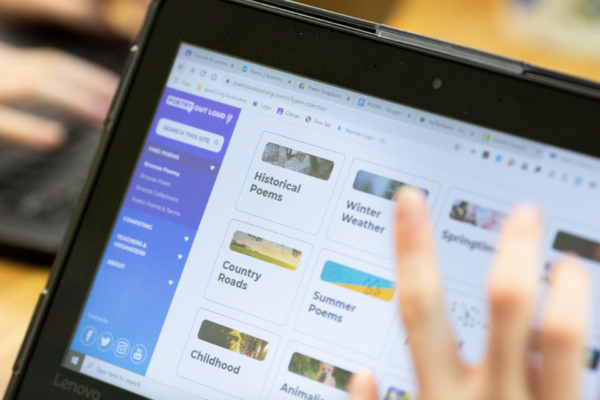Though many colleges and universities began offering virtual courses because of the COVID-19 pandemic, more than 30 percent of undergraduate students were engaging in online courses as early as 2016 because of the built in flexibility and low costs. Yet there is little research on whether online college courses are an effective mode of learning.
In a recent working paper from Brown University’s Annenberg Institute, researchers from The University of California at Irvine, New York University, and the University of Tübingen in Germany studied the relationship between online courses and rate of college completion and time-to-degree. They used six years of data from 10,572 students at a public research university in California.
They found that each one percent increase in required courses offered online was associated with a 1.2 percent greater chance of a student graduating within four years. The researchers found no significant relationship between online courses offered and students’ likelihood of graduating within six years. They also found online course enrollment shortened time-to-degree for first-generation students, low-income students, and students with little academic preparation.
This study shows that online college courses are associated with a greater likelihood of graduating within four years and shortened time-to-degree, especially for certain groups of students.
By Brooke LePage
